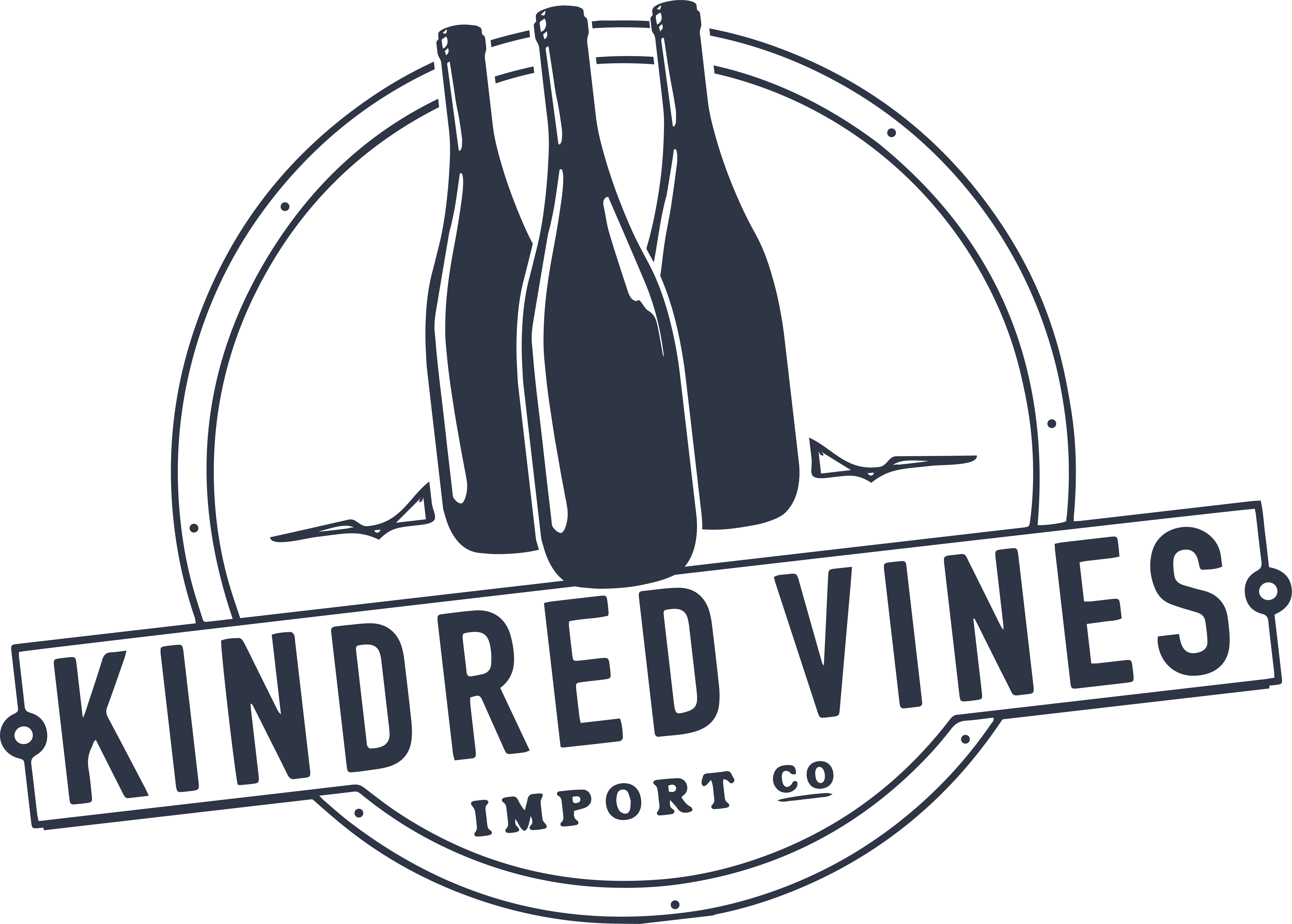Weingut Richard Bocking
AWAKENED: WEINGUT RICHARD BÖCKING
Renaissance of a Classic Mosel Estate
In 1623, the Böcking family, regional treasurers for the Prince of Palatinate-Zweibrücken, laid the foundation for their once immense influence in Protestant Traben-Trarbach with the establishment of a trade and exchange company (Handlungs-und Wechselcomptoir). Trading of fine princely goods, such as coffee, tea, silk, the finest spices, tobacco, and wine, along with their skills as bankers, shaped the family’s preeminence amongst a growing population of businessmen and merchants, as well as Traben-Trarbach’s future. The residence of the Böckings, an impressive Baroque villa, which today houses the Mittel-Mosel Museum, still bears witness to the splendor that once adorned the family name.
During Napoleon’s reign, trade on the Mosel was liberalized, and the predominant feudal system was lifted. At the same time, his Code civil, or Napoleonic Code (Code Napoléon), decreed that property belonging to the nobility would pass to the bourgeoisie. This decree facilitated the passing of precious vineyards – like Ungsberg, Schlossberg, and Geierslay – to the Böcking family. Traben-Trarbach soon became a wine trade center of world renown. Recent research reveals that at least half of the Trarbacher Ungsberg vineyard was already planted with Riesling – an unbelievable 120 years before the decree to uproot all inferior vines and replace them with Riesling by Prince Clemens Wenceslaus of Saxony, Archbishop-Elector of Trier (1768–1803). This event transformed the Mosel Valley into becoming the largest Riesling region in the world at that time and led to the ensuing triumphant success of Mosel Riesling.
The flourishing wine trade brought fame to Traben-Trarbach, equal to that of Bordeaux. With the town’s new designation in the Prussian Rhine Province, the wine producers and merchants fought successfully for the retention of the Napoleonic Code. The Böckings decided to focus on the cultivation and production of the highest-quality Riesling wines. Although, by nature, the Riesling vine does not yield great quantities, it was foremost the quality of this variety that secured the economic prosperity of the wine estate. This entre-preneurial foresight led the Böckings to produce wines that achieved the highest prices on the market until the end of the 19th century.
Thus, the vineyards Ungsberg, Schlossberg, and Burgberg are found on the earliest Mosel vineyard maps, alongside those of the world-famous Brauneberger (today’s Juffer and Juffer Sonnenuhr) and Scharzhofber-ger.
Even the German poet Johann Wolfgang von Goethe lauded the extraordinary Mosel wine when he took shelter and enjoyed the hospitality at the Böcking villa during a stormy night on the Mosel in 1792.
About 100 years after this memorable event, at the beginning of the 20th century, fortunes changed for the Böcking family. After ten generations of successful mercantilism, the entrepreneurial spirit of the family lapsed in 1903 with Adolph Böcking. With the marriage of his daughter, not only did most of the family’s fortune pass into the ownership of the wine-trading dynasty of the Huesgen family, also the prized vineyard of Geierslay as well. Though the Trarbacher sites remained with the Böckings, they did not prosper during the historic and economic hardships that followed.
In 2010, a decision faced the descendants of the Böcking’s: sell the traditional but marginally profitable wi-nery and the accompanying vineyards, or pursue a new vision and awaken the winery to a new beginning?
The decision occupied the family; nostalgia and economics both needed consideration when reaching an agreement on the proper course to take. Several family members realized the potential of a restored winery and business operation, not only to honour the work of so many generations before them but also to realize the renaissance of Mosel Riesling, both in Germany and abroad. Besides the promises of a Riesling renais-sance, the decisive factor was the magnificent, extremely steep vineyards – partially planted with precious ungrafted, old Riesling vines – which provide the foundation to produce superb Rieslings of international renown.
So, at the beginning of the 21st century, Böcking descendant Baroness Leweke von Marschall, along with her cousins Denman Zirkle and his daughter Sigrid Zirkle Carroll, and with counsel from previous estate manager Ulrike Böcking, combined tradition and history with confidence and entrepreneurial vision to lead the family enterprise into the future and reestablish its valued following among wine devotees.
Showing all 2 results


